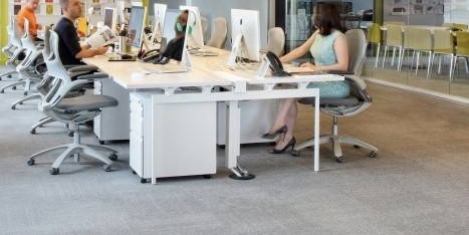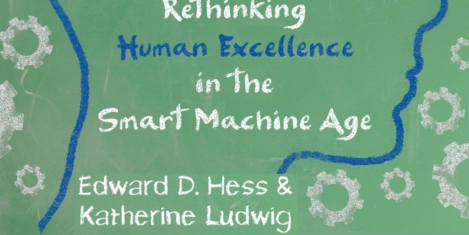March 16, 2017
White paper sets out challenges of Brexit for UK’s built environment sector 0
 BSRIA has published a new white paper to explore how issues related to Brexit will impact the UK’s built environment sector. The report highlights the ways in which the industry that supports the built environment has a major impact on the overall UK economy and plays a positive role in supporting the government’s climate change and emissions reduction objectives. According to the white paper, the sector is particularly sensitive to the uncertainties surrounding Brexit because it is technology intensive, requires a highly-skilled workforce, and is very dependent on international trade.
BSRIA has published a new white paper to explore how issues related to Brexit will impact the UK’s built environment sector. The report highlights the ways in which the industry that supports the built environment has a major impact on the overall UK economy and plays a positive role in supporting the government’s climate change and emissions reduction objectives. According to the white paper, the sector is particularly sensitive to the uncertainties surrounding Brexit because it is technology intensive, requires a highly-skilled workforce, and is very dependent on international trade.













 Employees would like more freedom and flexibility at work with over half believing that the structure and culture of their workplaces are holding them back from doing their job more effectively (55 percent and 53 percent respectively). That’s according to new research from ILM, which has launched a new
Employees would like more freedom and flexibility at work with over half believing that the structure and culture of their workplaces are holding them back from doing their job more effectively (55 percent and 53 percent respectively). That’s according to new research from ILM, which has launched a new 



















March 8, 2017
In a crowd of truths, we can discern and reclaim what it means to be human 0
by Neil Usher • Comment, Facilities management, Technology, Workplace design
(more…)